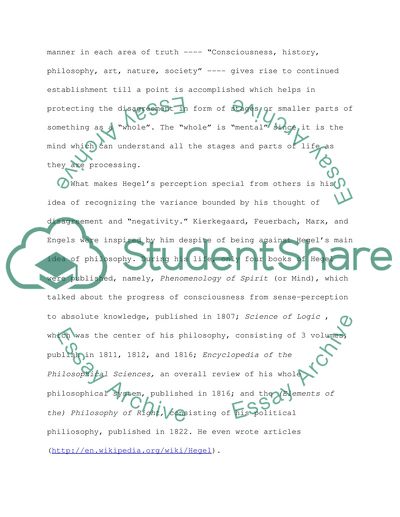Cite this document
(Hegel's Moral View of the World Annotated Bibliography, n.d.)
Hegel's Moral View of the World Annotated Bibliography. Retrieved from https://studentshare.org/philosophy/1704040-philosophy-hegels-moral-view-of-the-world
Hegel's Moral View of the World Annotated Bibliography. Retrieved from https://studentshare.org/philosophy/1704040-philosophy-hegels-moral-view-of-the-world
(Hegel'S Moral View of the World Annotated Bibliography)
Hegel'S Moral View of the World Annotated Bibliography. https://studentshare.org/philosophy/1704040-philosophy-hegels-moral-view-of-the-world.
Hegel'S Moral View of the World Annotated Bibliography. https://studentshare.org/philosophy/1704040-philosophy-hegels-moral-view-of-the-world.
“Hegel'S Moral View of the World Annotated Bibliography”, n.d. https://studentshare.org/philosophy/1704040-philosophy-hegels-moral-view-of-the-world.


